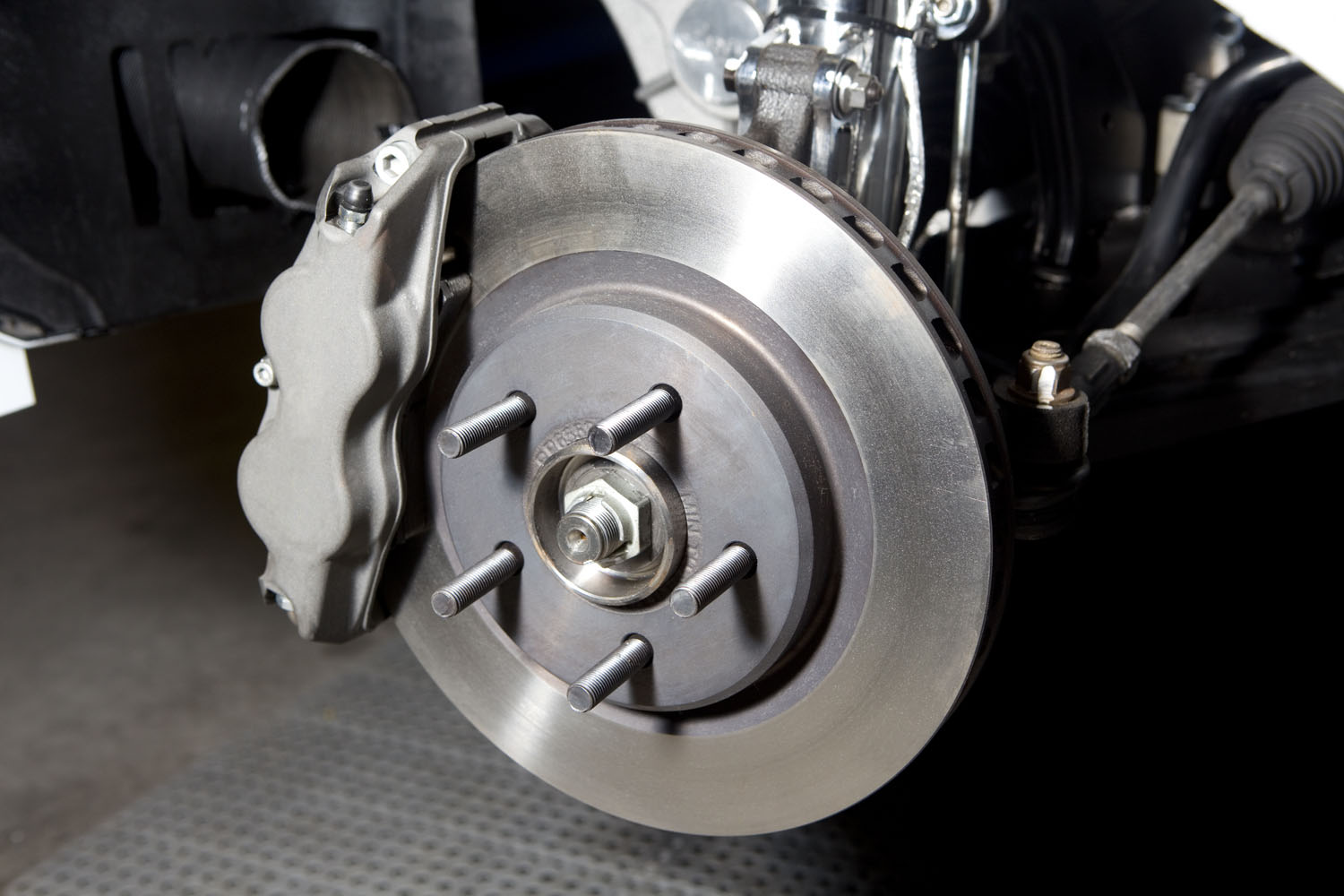Someone once stated the “Parts are Parts”
This is far from true in any aspect of the imagination. Albeit, the phrase sprouted as a marketing ploy from a world famous fast-food chain, it quickly caught on with its application as a blanket statement. However, in Ottawa, this phrase is no more or less true when it comes to automobile brakes and the components that comprise the total mechanism.
Specifically, the brake pad, being perhaps the second most important component, or part, aside from the hydraulic fluid delivery system that operates the pads. Therefore, it is the brake pads that offer the stopping power as they squeeze against the wheel disc, (or Rotor), causing the vehicle to come to a stop, or slow its acceleration. The point is actually the difference in materials used in the manufacture of brake pads varies as does the cost of these items passed on to the consumer here in Ottawa, and everywhere else for that matter.
Additionally, there is a safety factor as well as a durability concern that is dependant on the materials used and the application, or the driving habits of a given vehicle owner/operator. There are two types of brake pads available on the market. There are the OEM pads and then the OTC pads, (original equipment manufacturer, and over the counter, respectively).
Either type of brake pad comes in one of two forms, Organic material, or Metallic material. That pad itself is the combination of a metal plate with the pad riveted to it. Brake pads manufactured using metallic materials actually use a synthetic combination mixed with metal flakes and provide a long life of the pad but can wear the disc/rotor faster. A pad manufactured with organic materials will wear or fade quicker, but it will have less effect on the life of the disc/rotor.
All Automobile Manufactures design their vehicles to operate with specific brake pads. Nevertheless, once the original pads wear, finding a replacement set for the vehicle is rather easy. However, the type of pad, using an OEM or OTC, is really no issue, it is finding a set of brake pads that match the original.
One important aspect as well, would be the driving style of the individual here in Ottawa. For instance, a vehicle driven consistently on the Ottawa Highways where there is little demand for stopping, replacing the OEM with an organic material brake pad may come as a viable avenue. In scenarios where an individual operates a vehicle in Ottawa traffic that consistently stops and starts then consideration for the metallic brake pad is in order.
The typical duration or life of a set of brake pads under normal driving conditions is anywhere from two to three years. If, however, you find they need replacing in a shorter time than there are two things that must take place. First, examine the type of pads used as replacements and secondly consider the environments where the vehicle is driven. Knowing that the OEM brake pads will last longer and provide greater stopping power make using them the wise choice, but OTC brake pads, found here in Ottawa, are just as good specifically when they meet or exceed the OEM specifications and probably come at a lower cost.
Are you looking to drive more safely with new brakes? Try these local Ottawa dealers and mechanics:
[columns ]
[column size=”1/3″]Jim Dickinson Auto Tech
Ottawa Repairs[/column]
[column size=”1/3″]2599 Carling Avenue
Ottawa Ontario
K2B 7H7
Phone: 613 721 6244
Email: jim@jimdickinsonautotech.com
[/column]
[column size=”1/3″]View Map[/column]
[/columns]











